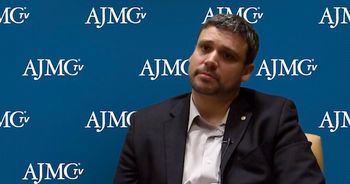
New technologies are enabling pharmacists to play a bigger role in managing overall care delivery and the cost of care for patients with cancer, explained Matt Farber, MA, senior director of Patient Care and Advocacy for Walgreens.

New technologies are enabling pharmacists to play a bigger role in managing overall care delivery and the cost of care for patients with cancer, explained Matt Farber, MA, senior director of Patient Care and Advocacy for Walgreens.

During his keynote speech at Asembia’s 15th annual Specialty Pharmacy Summit, Scott Gottlieb, MD, reflected on governing principles he learned during his time as FDA commissioner, highlighted secular trends for which FDA wrote modern rules, and outlined ongoing reimbursement challenges. He even discussed the likelihood of some form of Medicare for All passing.

A policy from the Trump administration to benefit patients and alleviate the high cost of prescription drugs would eliminate rebates from pharmaceutical companies to pharmacy benefit managers. However, there is still a lot of uncertainty around the rule. Two speakers from Deloitte Consulting LLP outlined what models are expected to result from the changes to rebates and how they will affect various stakeholders in healthcare.

During a session at World Health Care Congress 2019, Senator Bill Cassidy, MD, offered his alternative to Medicare for All, which is modeled after the Children’s Health Insurance Program, and discussed other healthcare issues on his radar.

The oncology drug pipeline has experienced rapid growth over the past decade, driven by innovation in cell therapies, immunotherapy, and precision medicine, according to a specialty pipeline update presentation at Asembia's 15th annual Specialty Pharmacy Summit, held April 29 to May 2 in Las Vegas.

Sebastian Schneeweiss, MD, ScD, professor of medicine and epidemiology, Harvard Medical School and Brigham and Women's Hospital, and co-founder of Aetion, explains how rapid cycle analytics of real-world evidence can be used to evaluate the safety and efficacy of newly approved drugs.

In a session at Asembia's 15th annual Specialty Pharmacy Summit, held April 29 to May 2 in Las Vegas, speakers highlighted a pilot program to gather and use real-world evidence to compare outcomes at 7 large academic medical centers for patients with rheumatoid arthritis, multiple sclerosis, and malignant melanoma.

As the number of health system specialty pharmacies grows, and they become more complex, they have a role to play in integrating at the point of care to collect data and drive value-based care, said panelists at Asembia's 15th annual Specialty Pharmacy Summit.

A panel discussion during World Health Care Congress 2019 discussed the importance of quantifying and communicating the return on investment (ROI) for social determinants of health (SDOH) initiatives.

More and more, older adults are choosing to receive care in their homes rather than in the hospital. While technology has a role in aiding home-based care for older patients by allowing providers to implement remote monitoring, these technologies must be met with care management in order for outcomes to truly be improved, according to a panel discussion at World Health Care Congress 2019.

Transforming a practice to become proactive in delivering care, rather than reactive, will be crucial in improving patient care and reducing costs, said Thomas Graf, MD, president, Ascension Medical Group, at the spring session of the National Association of Accountable Care Organizations, held April 24-26 in Baltimore, Maryland.

In his first speech since stepping down as FDA commissioner, Scott Gottlieb, MD, reflected on his time in office during a session at World Health Care Congress 2019.

During a World Health Care Congress 2019 panel discussion on unlocking innovation in value-based care, panel members offered a comprehensive look at what’s driving this shift toward value-based care, what works and what doesn’t, and where consolidation fits into the mix.
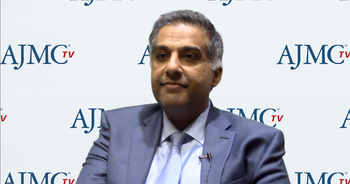
Basit Chaudhry, MD, PhD, founder of Tuple Health, explains why it's important to evaluate the adequacy of the novel therapy adjustment under the Oncology Care Model (OCM).
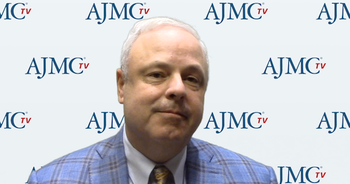
As Howard A. "Skip" Burris, III, MD, FACP, FASCO, president, clinical operations, and chief medical officer of Sarah Cannon Research Institute, prepares to become the president of the American Society of Clinical Oncology (ASCO) in June, he discusses what his focus will be.

During a session at the National Association of Accountable Care Organizations (ACOs), top performing ACOs shared lessons learned and best practices for ensuring compliance with quality measures while keeping the patient at the forefront.
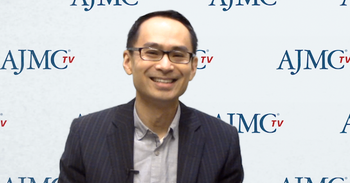
In addition to helping make treatment decisions, COTA's real-world data platform can help oncologists understand and identify areas where there is treatment variability and help them work to contain cost in the long run, explained C.K. Wang, MD, senior medical director, COTA.

Technology interventions have to be targeted at the right patients and be properly explained to them, explained Joann Sciandra, RN, BSN, CCM, associate vice president of healthcare management, Geisinger Health System.
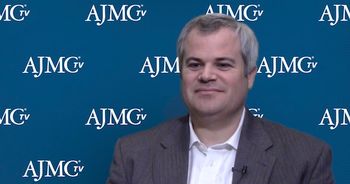
The new primary care models from HHS will provide greater flexibility to practices that want to participate and deliver care in a different way to reduce hospitalizations, said Travis Broome, vice president of policy at Aledade.

During a session at the National Association of Accountable Care Organizations (ACOs), panelists offered perspectives on how ACOs can successfully address social and behavioral needs of their patients.

Creating a value-based care system means upending the current one and providing more models to encourage providers to take on risk.
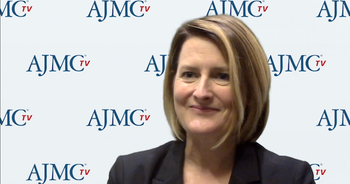
Clinical trial criteria is really about patient safety and making sure participating patients don't experience undue risks, explained Katie Goodman, RN, BSN, CCRP, director of clinical research, Florida Cancer Specialists & Research Institute.
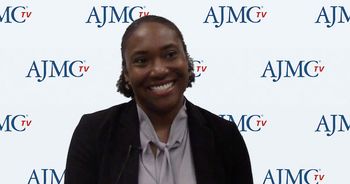
Crescent Moore, PharmD, PhD, BCPS, senior consultant, BluePeak Advisors, discusses how CMS is planning on implementing care coordination programs in Medicare.
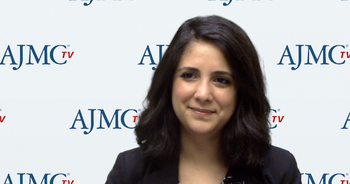
Early education and communication are needed for successful uptake of biosimilars, explained Sonia T. Oskouei, PharmD, director, Pharmacy Program Development for Biosimilars, Premier Inc.
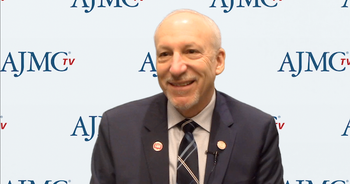
Lee Schwartzberg, MD, FACP, executive director, West Cancer Center, discusses his thoughts on calls for every person diagnosed with breast cancer to receive a multigene panel.
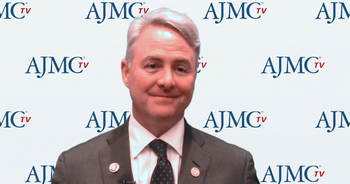
While the physician shortage is having an impact in rural areas, the impact of physician burnout is happening across the board, said Jeff Patton, MD, chief executive officer of Tennessee Oncology.

Using rapid-cycle analytics of real-world evidence, we can get patients on the most appropriate medications and also implement medication adherence interventions, explained Sebastian Schneeweiss, MD, ScD, professor of medicine and epidemiology, Harvard Medical School and Brigham and Women's Hospital, and co-founder of Aetion.

Part of the challenge has been the distribution of cost structure under the Oncology Care Model (OCM), particularly with respect to pharmaceuticals, explained Basit Chaudhry, MD, PhD, founder of Tuple Health.

Multimorbidity in older patients creates a challenge because you're dealing with multiple diseases and multiple medications, explained Michael Steinman, MD, professor of medicine, University of California, San Diego.

Real-world data offers a glimpse into what happens to patients treated by real-world doctors under real-world circumstances, explained C.K. Wang, MD, senior medical director, COTA.

259 Prospect Plains Rd, Bldg H
Cranbury, NJ 08512
© 2025 MJH Life Sciences®
All rights reserved.
